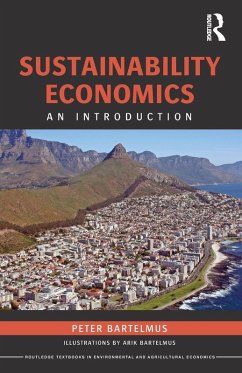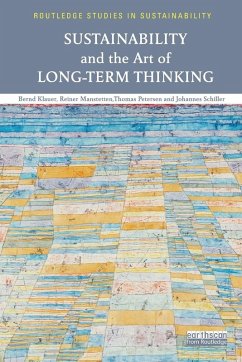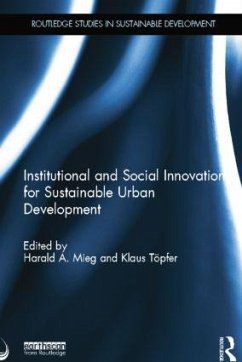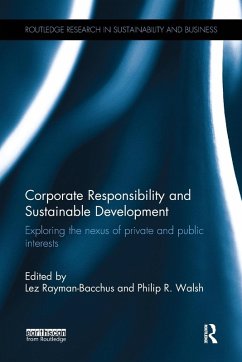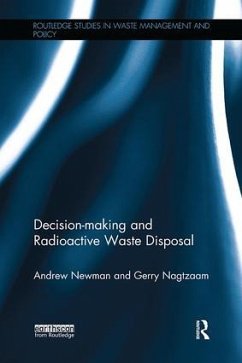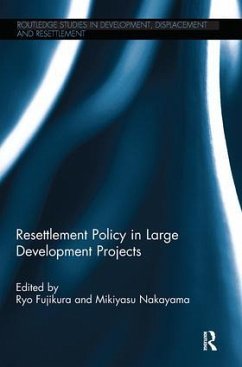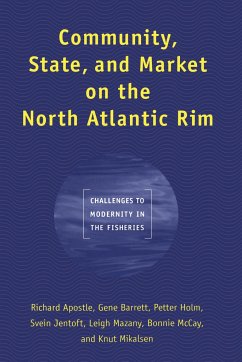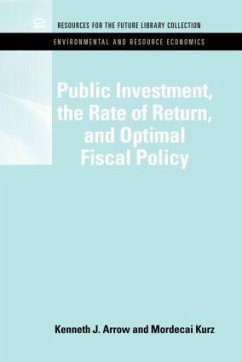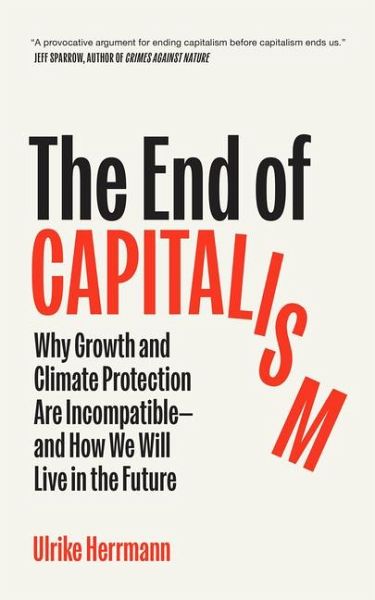
The End of Capitalism
Why Growth and Climate Protection Are Incompatible--And How We Will Live in the Future
Übersetzer: Shaw, David

PAYBACK Punkte
9 °P sammeln!
A plan for transitioning to a more sustainable world--while keeping the economy afloat Ulrike Hermann is an economics correspondent whose books on social and economic policy issues are bestsellers in Germany. Here--translated by journalist and international broadcaster David Shaw--Ulrike explores how we might manage to transition to a more sustainable world without the collapse of the economy. The End of Capitalism tells the story of Capitalism--from its beginnings in 1760 England, where textiles manufacturers had the idea to replace human workers with machines--and what it really means for th...
A plan for transitioning to a more sustainable world--while keeping the economy afloat Ulrike Hermann is an economics correspondent whose books on social and economic policy issues are bestsellers in Germany. Here--translated by journalist and international broadcaster David Shaw--Ulrike explores how we might manage to transition to a more sustainable world without the collapse of the economy. The End of Capitalism tells the story of Capitalism--from its beginnings in 1760 England, where textiles manufacturers had the idea to replace human workers with machines--and what it really means for the world when individual profits overshadow communal and environmental needs. Hermann makes an argument for a "circular economy," an economy where only what can be recycled is consumed. We know by now the ruinous effects of Capitalism on the climate and environment. While we hear that "green growth" is meant to be the savior, Ulrike argues that we need "green shrinkage" instead. Her example for a solution is the British war economy of the 1940s. This is not a utopian scenario (it would involve personal restrictions and government planning) but a comprehensive example of how resources can be diverted. An interesting and important read for serious thinkers who hope to upend Capitalism, The End of Capitalism offers a realistic alternative from an expert in the field. Readers of Rebecca Solnit, Naomi Klein and Rutgar Bregman; progressive-minded readers; and anyone interested in a different future should read this. The translation of this book was supported by a grant from the Goethe-Institut.



